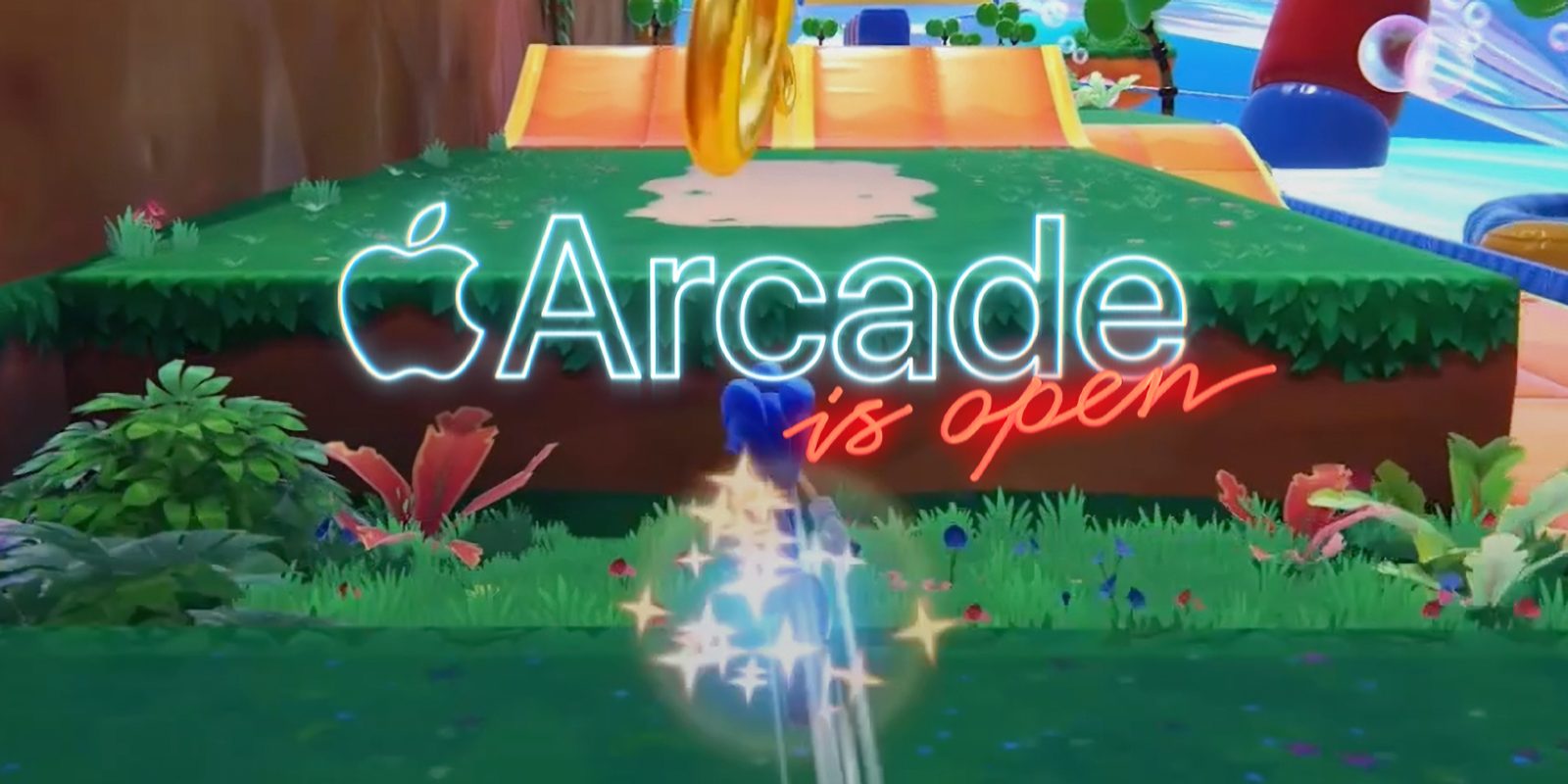
In a follow-up report to their previous coverage, MobileGamer has again collated a set of off-the-record comments from Apple Arcade game developers about how the service is faring.
The leading complaints revolved around payments and poor communication channels with their Apple representatives. One indie developer is reported to have not been paid for six months, with other studios chasing month-long delays in getting their Bonus Pool royalty payments from Apple.
In the beginning, these developers as quoted as saying they were paid promptly, but over time there is an increasing backlog, and waiting around. One studio reportedly almost went out of business because of the long delay in receiving payment.
The exact reason for the delays in payments is unclear, but it’s also not helped by the fact that the calculation of the Bonus Pool royalties seem to remain opaque. Developers don’t seem to really have a grasp on what metrics Apple uses to compute their ongoing royalties.
However, many praised the size of the advances they were paid to make the game for the service in the first place, one saying that “they were off the charts compared to what we’re used to being paid”.
In addition to money issues, many were frustrated by the lack of clear communication with the tech giant, or seeming lack of expertise on their end. Response time to emails is measured in weeks rather than days.
Another surprise was that while Apple evangelized its partners make spatial augmented reality games for the Apple Vision Pro headset, it did not offer financial incentives to encourage development. They were also not guaranteed that their finished game would be promoted or marketed in any way. Technical support for Vision Pro was also said to be poor:
One developer working with Vision Pro was surprised to learn that even Apple’s engineers don’t seem to know how the device works. “The technical support is awful – the worst I have seen anywhere,” they said. “They are unable to offer any insights into how the hardware and the software it runs on works, or how essential middleware is meant to work with it.”
The overall strategy for Arcade is not clear, and game makers are never quite sure what Apple wants to buy, so they struggle to pitch successful ideas.
Apple was seemingly more willing to approve deals for new titles in the first few years of the service, though. In contrast, a developer said “it’s a very difficult and long process to sign a deal with Apple these days”. Family party-style games with known IP attached, appear to be the current agenda.
Not everyone was as dismissive about the service’s direction, though:
One more sympathetic developer countered: “I think Arcade knows who its audience is much more today than at the outset. If that doesn’t turn out to be high concept artful indie games, that’s not Apple’s fault. If they can build a business on family games, good for them and good for the devs who can chase that opportunity.”
You can read the full report over at MobileGamer.
FTC: We use income earning auto affiliate links. More.





